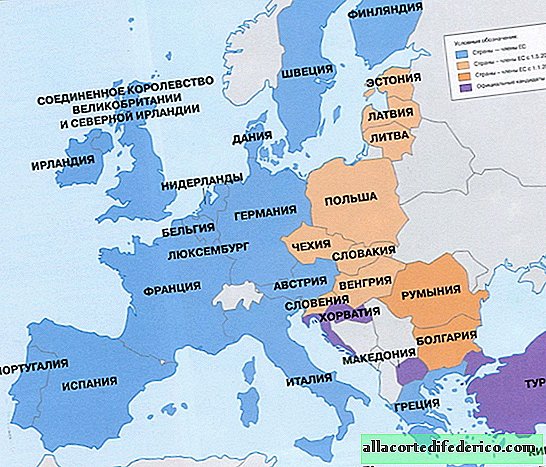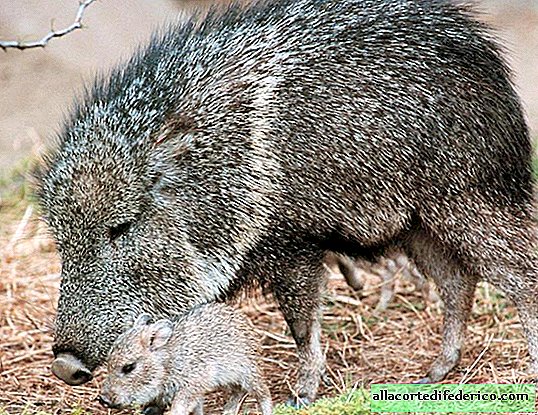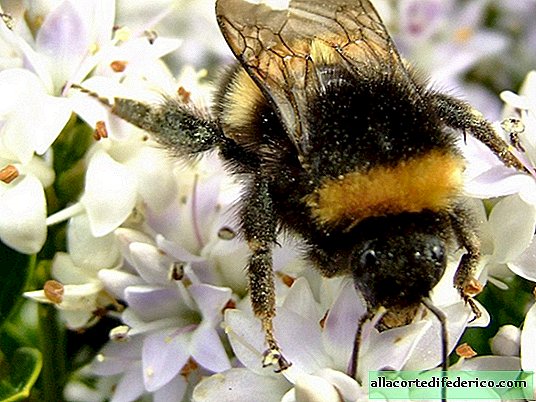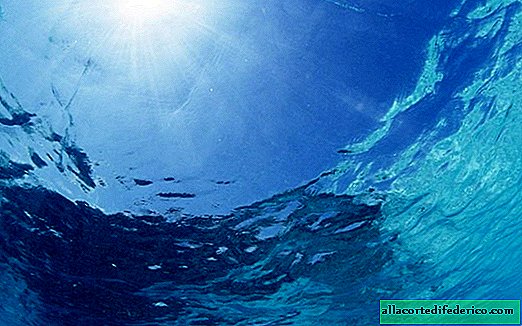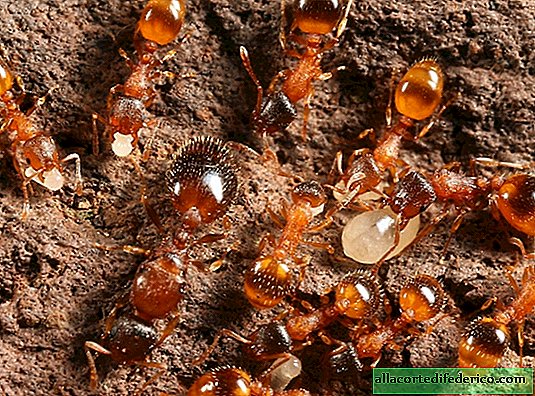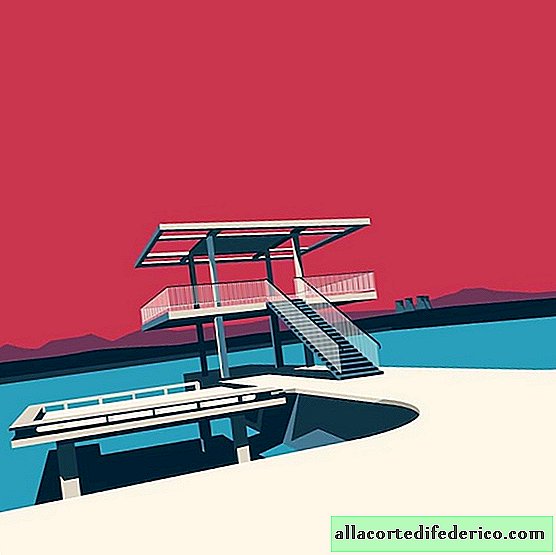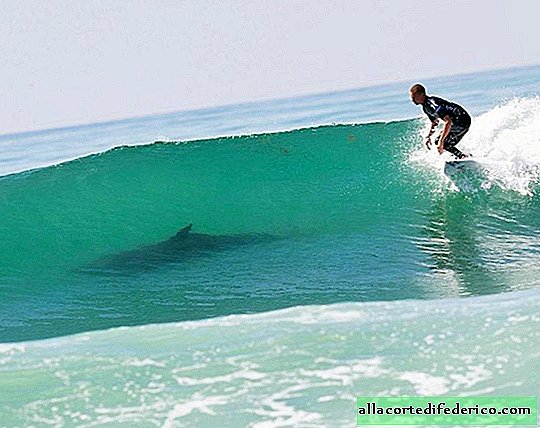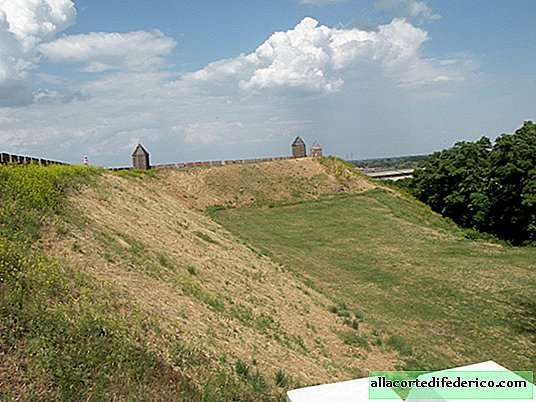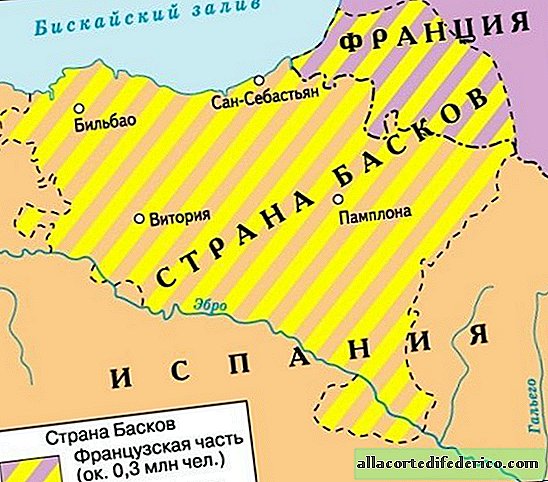Why did dinosaurs become extinct, and crocodiles have survived and still thrive
Crocodiles, as you know, belong to the large reptiles that live on our planet for a long time. Scientists believe that the ancestors of crocodiles appeared more than 80 million years ago and have since evolved significantly, turning into the most highly developed representatives of their class. But why didn’t the crocodiles become extinct along with the dinosaurs, a vast group of ancient reptiles that were distributed both on land and in the seas, but completely disappeared about 65 million years ago?

Before starting the discussion on this topic, I want to note that at the moment there is no single answer to this question. There are only a few hypotheses that to one degree or another explain the amazing case of crocodile survival after the Cretaceous-Paleogene extinction.
Physiology features

Despite the fact that modern crocodiles look very highly developed creatures compared with their relatives in the reptile class, scientists believe that their ancestors were even more developed. Crocodiles are distinguished by a progressive respiratory system and a four-chambered heart, but at the same time they are still cold-blooded animals. But their ancestors - archosaurs, most likely were warm-blooded and had a more efficient metabolism, they also transferred these qualities to ancient crocodiles. This circumstance could save their lives in an unstable climate, when there was a cooling and extinction of a large number of plants and animals.
Habitat and nutritional features

Modern crocodiles, like their ancestors, belong to semi-aquatic animals: they feel comfortable in the water, but they can go to land if necessary. Such plasticity allows them to hunt aquatic animals, as well as on the inhabitants of land, which significantly expands their ability to provide themselves with food. Perhaps this circumstance contributed to the fact that they managed to survive in conditions when the majority of land and marine reptile species became extinct. Also, crocodiles that lived in rivers and lakes, obviously found themselves in more comfortable conditions than reptiles of the seas and oceans. Most likely, the water temperature in small water bodies of land was higher, which contributed to a more diverse food base. But the ocean and the seas experienced the influence of cooling, so large reptiles could not survive there.
Relatively small size

Compared to most extinct reptiles, crocodiles were quite modest in size. This means that it was easier for them to find enough food. Compared to large marine reptiles, such as huge mosasaurs or tylosaurs, it was easier for crocodiles to provide themselves with food, grow to reproductive age and leave offspring.






